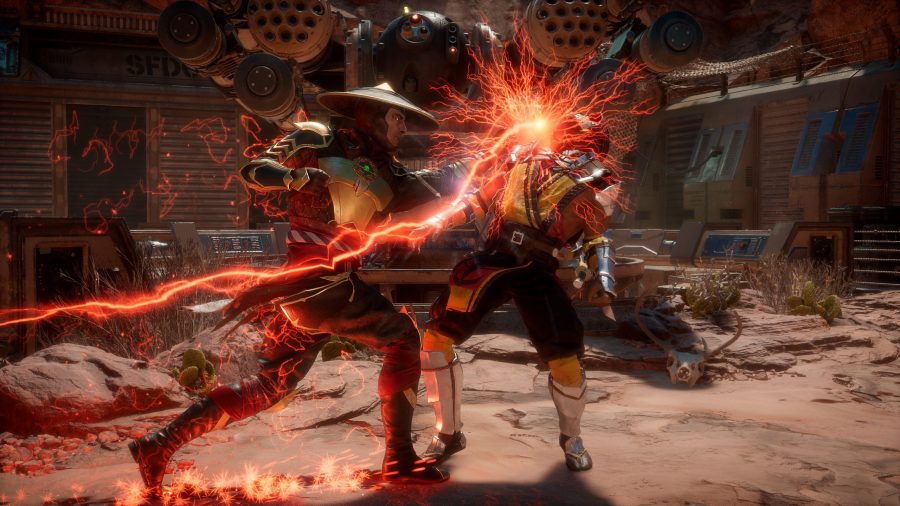Everybody plays video games. What was once a kid’s pastime, a fad many thought will go away is now a popular activity. Technological breakthroughs have made video games widely available. You no longer need a bulky console connected to your TV since you can play any sort of game on your mobile phone. The problem is not all games are created equal and there’s a huge difference between an innocent round of Candy Crush and Mortal Kombat. Do violent video games make people more aggressive? Let’s see what the experts have to say.
Violent games promote aggressive behaviour
When they first became popular, during the 1980s, many people, including parents, educators and psychologists became concerned as to what the daily exposure to violence might do to the developing personality of a youngster. At the time, it was mostly children who played video games which explains the concern.
If you look at some of today’s games full of gore, the games that were popular four decades ago were totally innocent. Kids played at shooting aliens or dragons, but the graphics did not allow the bloody scenes now abundant in video games.
Still, even then many psychologists expressed their worries that children will become more aggressive and they had some studies to substantiate their claims. For instance, a study on Video Game Violence conducted by K. Dill in 1998 came to the scary conclusion that by playing violent games children became hostile and manifested an aggressive behavior.
Another study conducted in 2000 by Dr. Jeanne Funk came to a similar conclusion, that violent games promote aggressiveness in young children. She even testified before the US Senate and explained that video games are repetitive by nature and the brain becomes hardwired to tolerate increasing levels of violence. For short, children were being desensitized about violence and the consequences will be felt in real life. Like others at the time, Funk was predicting a rise in criminal behavior as generations raised on violent games reached adulthood.

Debunking of a myth
The dire warnings of two decades ago failed to materialize however. While some experts predicted an exponential rise in criminal activity caused by video games, over the past 20 years there has been a significant drop in violent acts registered in the US and other developed countries. The children raised on violent games did not grow up to become hardened criminals. The number of adults with a criminal history is lower than it was in the 1990s. Furthermore, nowadays crime check applications are available online through your computer. Online police check forms like https://www.australiannationalcharactercheck.com.au/Police-Check-Application.html make it ever easier for applicants to get a police check check online. So if video games do actually lead to more violence, uncovering them through crime record checks should not be a problem right?
The first question is, do video games play any part in people displaying antisocial tendencies and committing acts of violence?
Over the past ten years, many experts have debunked the claims of previous studies linking video games to violent behaviors. For one thing, they exposed the flaws in those studies, which were all done in a laboratory setting and measured so-called responses to violent images. That had nothing to do with real life, as Ferguson and Kilburn pointed out in their 2009 study ‘The public health risks of media violence: a meta-analytic review’. According to them, the previous studies were biased and reflected the prejudice against video games prevalent in the early years of this new form of entertainment. In other words, the researchers firmly believed there was a link between video games and violence and tailored their tests (and the results) to prove their point.
This is not the last we’ll hear about the impact of violent video games as experts are still studying the issue and with good cause since such games are hugely popular. If there’s a link and a risk we need to know about it.




 Your total news and information resource for all things Science, Technology, Engineering / Mathematics, Art, and Medicine / Health.
Your total news and information resource for all things Science, Technology, Engineering / Mathematics, Art, and Medicine / Health.
Leave a Comment